Yak
Our house, and presumably every other house on PEI, got a full-colour brochure from Yak today. They’re a long distance dial-around service in the same mold as 10-10-321 — you know, those insufferable commercials featuring old football players, or cast members from Full House that you see on American TV stations from time to time.
Basically, you dial a prefix — in the case of Yak, it’s 10-10-925 — before you dial a long distance call, and you get much cheaper rates. The charges appear on your regular phone bill. And the rates are the same 24 hours a day, 7 days a week. There are no fees, and nothing to sign up for.
I just tried Yak to call Yankee in New Hampshire. Call setup time was the same as I’m used to, and the voice quality was as usual. So, at least on the surface, it works. I can’t speak to whether they bill as they say they do until I get this month’s phone bill.
But their rates sure look good.
For example, the Aliant rate for calls from Charlottetown to Los Angeles is 57 cents a minute (during the day); the Yak rate is 5 cents a minute. That means a 30 minute call to LA would cost $17.10 with Aliant, and $1.50 with Yak.
Another example: the day rate for calls to London, England is 69 cents a minute; the Yak rate is 9 cents a minute. A 30 minute call to London would be $20.70 with Aliant, and $2.70 with Yak.
Note that in these examples I’m comparing Yak’s 24/7 rate with Aliant’s day rate. Aliant’s rates go down at night, and various savings plans can lower them as well.
The only downside of Yak would appear to be that you have to dial 7 extra digits in front of the regular number. I’d happily do that to save this kind of money. Or I’ll forget, and never do it. Who knows.
The depressing thing about Yak, for me, is that, assuming they’re a viable and profitable company, it’s possible to make money selling long distance at rates that are 7 to 10 times less than our local phone company. What does that say about the rates we’ve been paying Aliant all these years?
Am I missing something here?
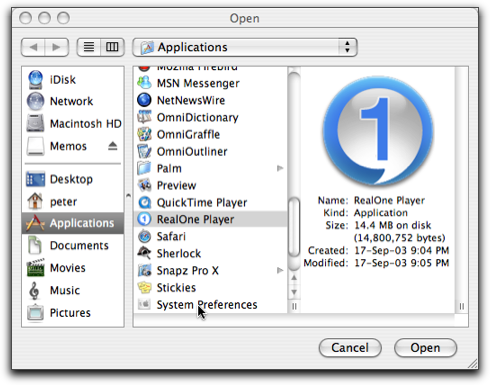
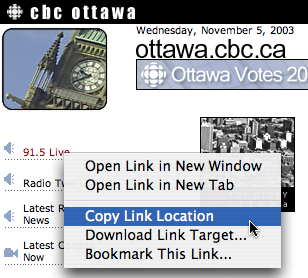
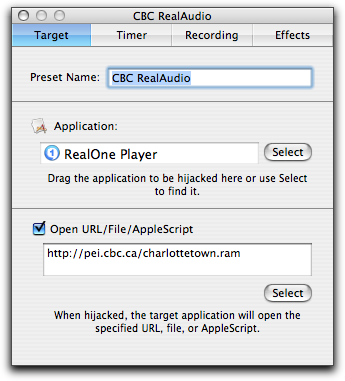
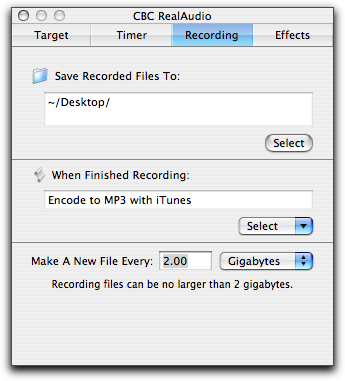
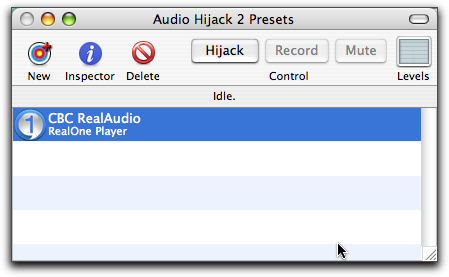
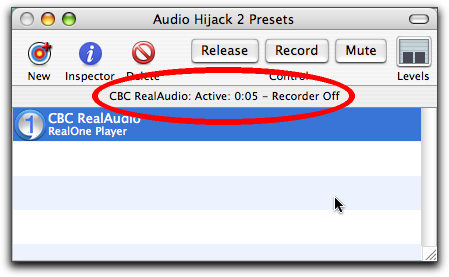
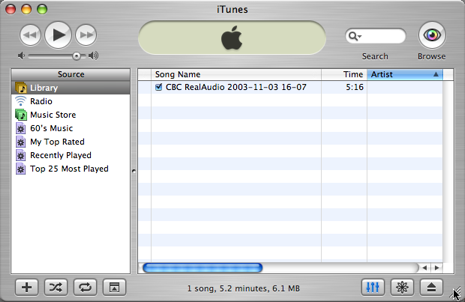
 One of my first Island media memories is watching CBC’s Mainstreet do a live show from the plaza at the
One of my first Island media memories is watching CBC’s Mainstreet do a live show from the plaza at the 